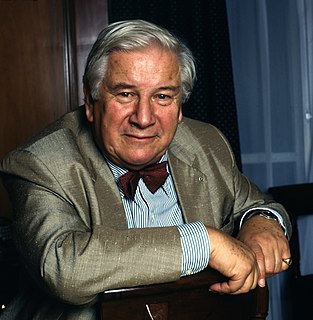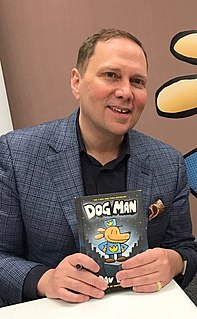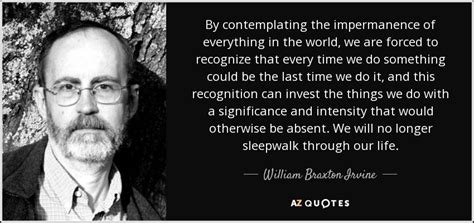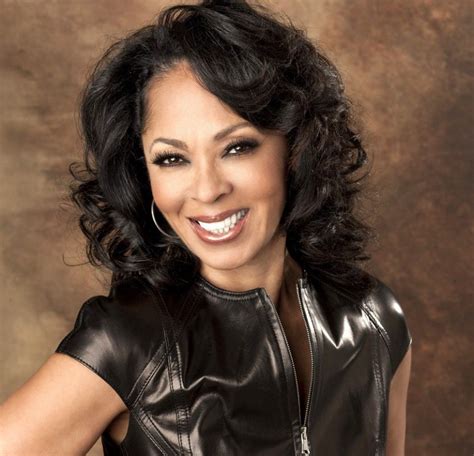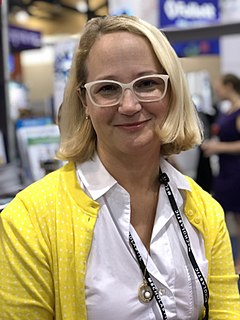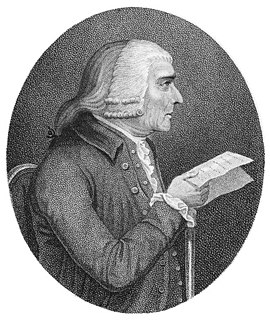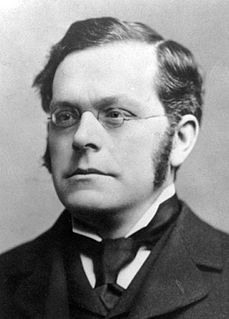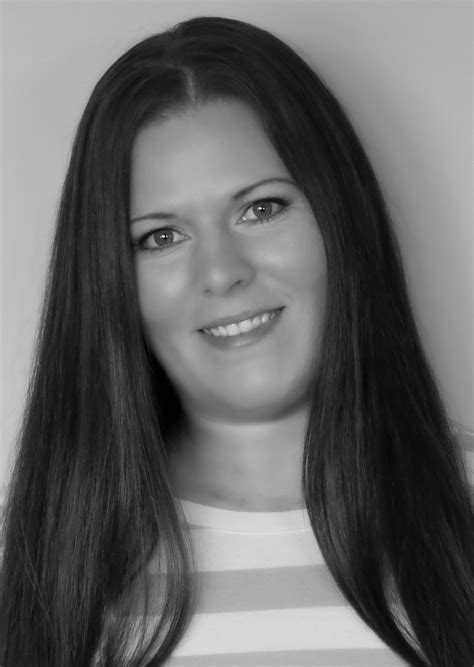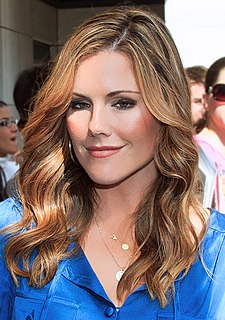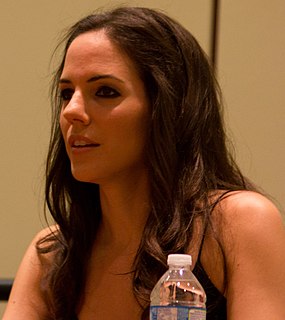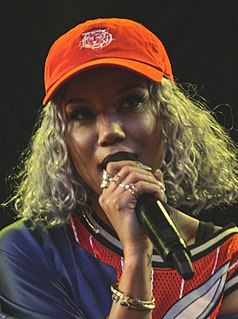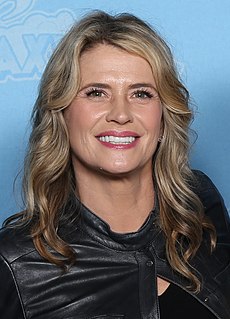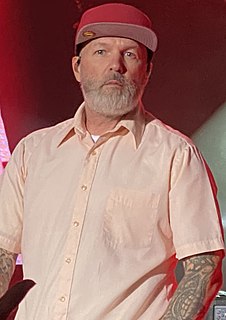Top 1200 Libraries Books And Reading Quotes & Sayings - Page 19
Explore popular Libraries Books And Reading quotes.
Last updated on April 19, 2025.
In reading Chesterton, as in reading MacDonald, I did not know what I was letting myself in for. A young man who wishes to remain a sound Atheist cannot be too careful of his reading. There are traps everywhere — "Bibles laid open, millions of surprises," as Herbert says, "fine nets and stratagems." God is, if I may say it, very unscrupulous.
You are currently experiencing desire; otherwise, you wouldn't be reading these words. Even if you are reading them at the behest of someone else, you are motivated by your desire to please that person. And if you stop reading, you will not do so because you have stopped desiring but because your desires have changed.
Most of my library consists of books on the Catholic faith: conversion stories, books on saints and Early Church Fathers, Apparitions of Mary, prayer books, Scriptural resource books on Apologetics, Typology, concordances, bible dictionaries, bible encyclopedias and at least 40 bibles - both Catholic and Protestant editions in several different translations.
While reading writers of great formulatory power — Henry James, Santayana, Proust — I find I can scarcely get through a page without having to stop to record some lapidary sentence. Reading Henry James, for example, I have muttered to myself, "C’mon, Henry, turn down the brilliance a notch, so I can get some reading done." I may be one of a very small number of people who have developed writer’s cramp while reading.
They will be given as gifts; books that are especially pretty or visual will be bought as hard copies; books that are collectible will continue to be collected; people with lots of bookshelves will keep stocking them; and anyone who likes to make notes in books will keep buying books with margins to fill.
You can tell a book is real when your heart beats faster. Real books make you sweat. Cry, if no one is looking. Real books help you make sense of your crazy life. Real books tell it true, don't hold back and make you stronger. But most of all, real books give you hope. Because it's not always going to be like this and books-the good ones, the ones-show you how to make it better. Now.
Attention spans are changing. It's very noticeable. I am very aware that the kind of books I read in my childhood kids now won't be able to read. I was reading Kipling and PG Wodehouse and Shakespeare at the age of 11. The kind of description and detail I read I would not put in my books. I don't know how much you can fight that because you want children to read. So I pack in excitement and plot and illustrations and have a cliffhanger every chapter. Charles Dickens was doing cliffhangers way back when. But even with all the excitement you have to make children care about the characters.
Solid scriptural theology should be valued in the church. Books in which Scripture is reverently regarded as the only rule of faith and practice-- books in which Christ and the Holy Ghost have their rightful office-- books in which justification, and sanctification, and regeneration, and faith, and grace, and holiness are clearly, distinctly, and accurately delineated and exhibited, these are the only books which do real good. Few things need reviving more than a taste for such books as these among readers.
I'm an anxious person in general, but something about being pregnant and awaiting the release of my first book, The Monsters Of Templeton, made me into an insane anxious person. I didn't sleep at night. I ended up sleeping all day. In a strange way I felt like the world was going to end. I found myself so deeply depressed at times that I started to read about happiness, and that took me into books about idealism and utopianism. Reading books about people who tried to build utopian societies of different kinds gave me a kind of lift.
When I was a teenager, reading for me was as normal, as unremarkable as eating or breathing. Reading gave flight to my imagination and strengthened my understanding of the world, the society I lived in, and myself. More importantly, reading was fun, a way to live more than one life as I immersed myself in each good book I read.
Samuel Beckett is the person that I read the most of - certainly the person whose books I own the most of. Probably 800 or 900, maybe 1,000 books of just Samuel Beckett. By him, about him, in different languages, etc. etc. Notebooks of his, letters of his that I own, personal letters - not to me, but I bought a bunch of correspondence of his. I love his humor, and I'm always blown away by his syntax and his ideas. So I keep reading those.
